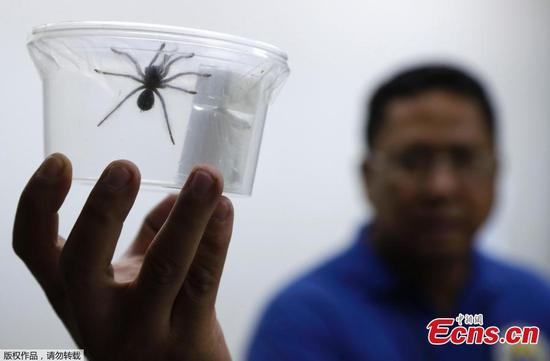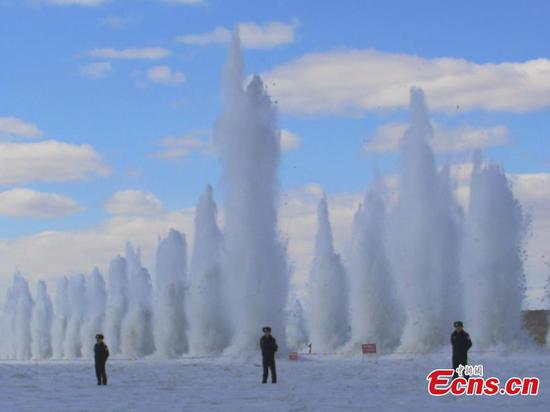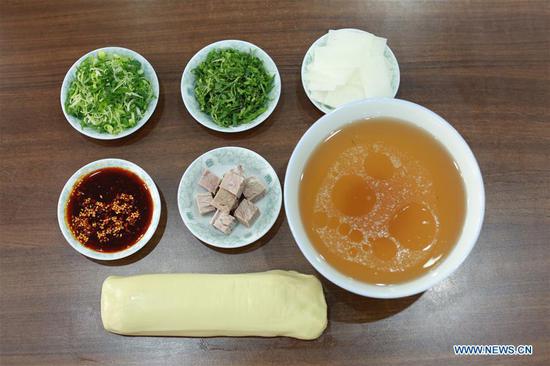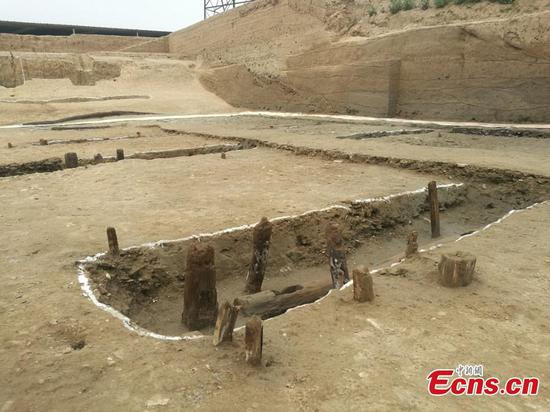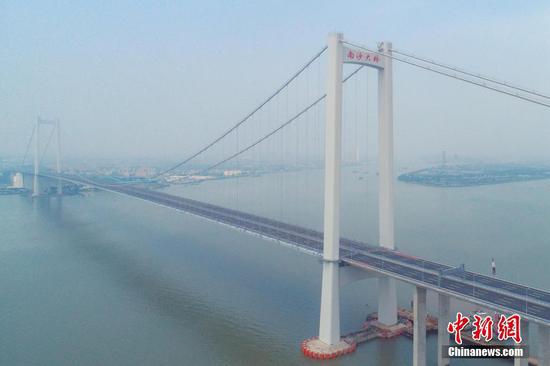The industrial park in Jiangsu province that was rocked by an explosion on March 21, leaving 78 people dead in Xiangshui county, was closed on Thursday by the municipal government of Yancheng.
Jiangsu also will substantially reduce the number of chemical enterprises in the province, to below 1,000 by 2022, according to a draft plan issued for comment on Monday by the province.
There were 7,372 chemical enterprises in Jiangsu in 2017. Among them, 6,884 primarily manufacture chemical products.
About 187 people remain hospitalized due to the explosion last month at the Xiangshui Chemical Industrial Park, home to many chemical plants. Three employees of Jiangsu Tianjiayi Chemical Co, where the blast occurred, have been detained over the explosion.
According to the draft, the reduction aims to optimize the chemical industry after the explosion and develop the industry in a safer and greener way.
The move will focus on chemical production enterprises, including those within a kilometer of either side of the Yangtze River and its tributaries, in environmentally sensitive areas or urban areas with dense populations, and outside chemical industry parks, according to the draft.
The investment threshold of startups in the industry would be more than 1 billion yuan ($149 million). About 1,660 small enterprises in Jiangsu will be re-evaluated and those not up to standards will be shut down, the draft said.
The governments of Shandong, Zhejiang, Fujian and Guangdong provinces and the municipality of Tianjin also have arranged a series of inspections to phase out potential hazards and pollution from chemical enterprises.
Zhang Yansheng, chief researcher with Cinda Securities, who used to work at China National Chemical Corp, told Shanghai-based news site thepaper.cn that China's rivers have deteriorated fast, and the move is expected to relieve some environmental pressure on waterways.
However, sudden suspensions of chemical production will cause shortages of certain products and lead to price increases, he said.
"Local governments need to take more clear and farsighted measures to stabilize the chemical market," he said.
Chemical plants' hours of operation were squeezed during winter's heating season, when their production was suspended to reduce their impact on air quality, Zhang said.
"After the suspension, plants would have their staff members work around the clock to meet the deadlines for product delivery. That could easily cause accidents," he said.






















